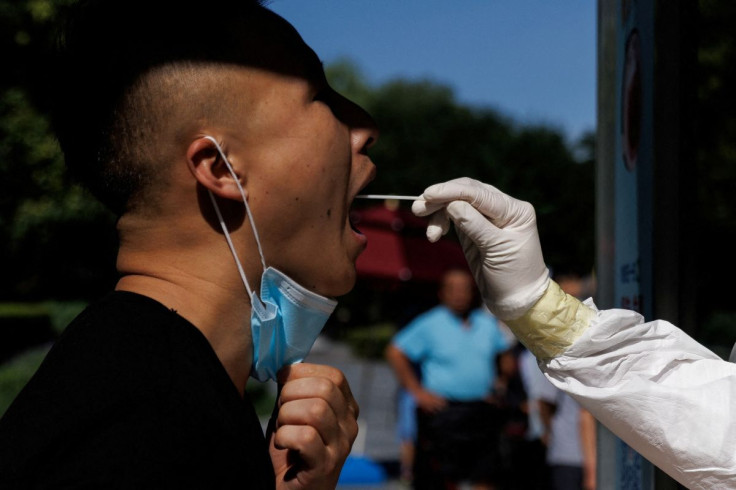27 Million People Worldwide Could Suffer Lasting Loss Of Taste, Smell From COVID-19

More than 27 million people who previously caught COVID-19 could still have problems with their senses of taste and smell if data from a recently published study is to be believed.
Around 5% of coronavirus cases reported taste and smell dysfunction six months after they got infected, according to an analysis published Wednesday in the BMJ, the peer-reviewed medical journal of the British Medical Association.
Since an estimated 550 million COVID-19 cases have been reported worldwide as of July, that would amount to around 27.5 million people.
Loss of taste and smell can "adversely" affect a person's quality of life since it may deprive them of several "everyday pleasures and social bonds," said the researchers, who evaluated 18 previous studies of smell and taste loss across several continents and various demographics.
Meanwhile, an alteration of the sense of smell can also expose people to possible risks.
"In addition to eating behavior, nutrition, and social communication, both smell and taste are crucial for vital functions such as warning against environmental hazards, including fires, poisonous fumes, leaking gas, and spoiled food," the researchers noted.
Individuals who experience dysfunction with their taste and smell senses can also experience anorexia, food aversions, malnutrition, anxiety and depression.
All of these disturbances can be "greatly amplified" by the onset of other qualitative alterations, particularly parosmia, a common loss of smell condition associated with COVID-19 that surfaces an average of three months after the infection, according to the study.
"[P]arosmia transforms a pleasant odor into an unpleasant one, and daily activities such as smelling coffee and sensing the flavor of food can become disgusting and emotionally distressing," the researchers explained.
They suggested that health systems should be ready to provide support to affected individuals "who often report feeling isolated when their symptoms are overlooked by clinicians."
There are supposedly only a few evidence-based options available for the treatment of chemosensory disorders such as taste and smell loss.
Olfactory training that is started as soon as possible after the onset of symptoms is the only disease-specific intervention with evidence of efficacy for the treatment of post-infection taste and smell dysfunction, according to the analysis.
Thus far, the United States has reported 90,597,814 COVID-19 cases and 1,023,382 virus-related deaths, data by the Centers for Disease Control and Prevention showed.

coronavirus loss of sense of smell symptom Photo: CDC - Unsplash





















